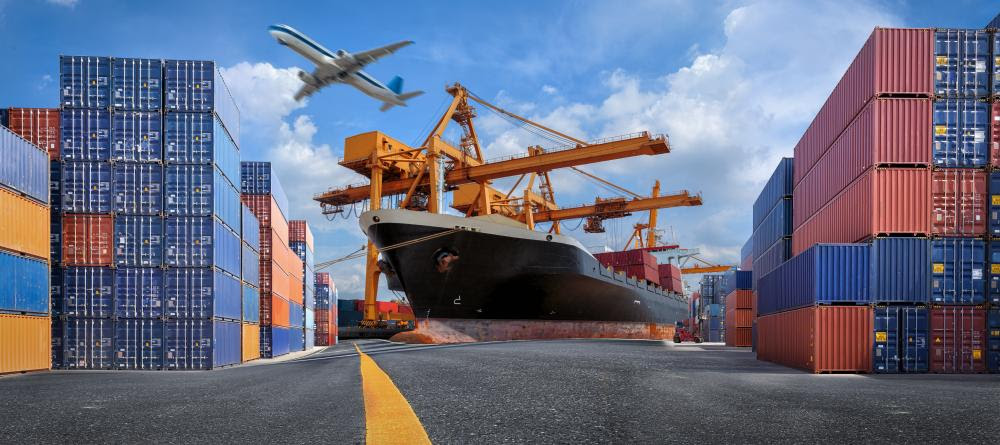
On 7 June 2018 the Institute of Export & International Trade hosted its second World Trade Summit in Northern Ireland at Ulster University in Belfast. Given continued uncertainty around Brexit and the UK’s future customs relationship with the European Union, the focus unsurprisingly was on the border between Northern Ireland and the Republic of Ireland.
Lord Empey, Chairman of the Ulster Unionist Party, updated members on the parliamentary timetables for Brexit and offered the sage advice that while the reporting about the negotiations for the UK’s EU exit sounds gloomy right now, negotiations often seem that way right up to the last minute before a deal is eventually agreed.
Stephen Kelly, Chief Executive – Manufacturing NI, returned to the theme of last year’s summit, of looking at building bridges between the UK and the EU rather than borders. This time, however, he looked deeper into the idea that Northern Ireland, as a territory, could itself take on a customs status that acts as a bridge between the UK and the EU.
He reported on research showing that 41% of companies in Northern Ireland preferred the idea of the territory having a special or unique arrangement that prevents a hard border being instilled, or a move too far away from the United Kingdom. By way of comparison, only 21% said that they’d rather the UK leave the EU’s Single Market and Customs Union entirely.
Kerry Curran MBA, Policy Research Manager - InterTradeIreland, echoed Stephen’s points, and also called on findings that show the importance of trade over the Irish border to both the North and the Republic. When counting Great Britain and Northern Ireland as separate nations, each turn out to be the Republic of Ireland’s top export and import markets, with no other country coming close.
Of course whatever happens with Brexit, the whole debate has drawn sharp focus to exporting and businesses throughout the British Isles may well need to diversify their exports once the UK has left the EU. Mark Reid, Trade Director Business Development (Americas) - Invest Northern Ireland, made the point that there are massive opportunities for Irish exporters all over the planet, especially in the US.
For many companies, of course, exporting can pose challenges. Peter Legge, Partner Tax - Grant Thornton, and Henry Cleary, Senior Manager Global Markets - Bank of Ireland, both gave an overview of the tax and currency issues out there for traders and suggested some of the support mechanisms available from the private sector. Elizabeth McCrory, Export Finance Manager - UK Export Finance, also outlined some of the government support for companies available through the public export credit agency in UKEF.
However, even with all this support on offer, companies can only become accomplished exporters through experience and by learning how to do it properly. Lesley Batchelor OBE, Director General of the Institute of Export & International Trade, again presented on the challenges posed to British companies by Brexit and the work that the Institute does to give its members the skills and knowledge they need to face them.
As ever, the summit was filled with salient advice for attending delegates, who were also able to network and share their experiences as exporters in these uncertain times. Whatever happens with the Northern Ireland’s status and relationship within the United Kingdom and the EU, companies on all sides of the borders surrounding it need to face the Brexit challenge head on.

